| বাংলায় পড়ুন | Researchers and Reporters: Shama Sultana Isfaqul Kabir |
One-third of the world’s population uses WhatsApp, the most popular messaging app right now among mobile users. However, the company’s primary goal was to serve customers, and exactly 15 years ago today, Jan Koum and Brian Acton took two young people and launched WhatsApp Aid.
Today, Jan Koum is one of the wealthiest people on the planet, with a net worth of 9.9 billion. Despite this, there is poverty, despair, and the anguish of leaving one’s home country that underlies the success of today’s youth. One could argue that Koum’s life is a Hollywood tale.
To provide for a brighter future, Koum’s mother at the time brought him to the US. His family did, however, have to live in abject poverty in the US. Having overcome great poverty, Koum founded WhatsApp, which is currently valued at $1 billion. But after his firm, he had to depart from his own company. Jan Koum is still regarded as an inspiration by young businesspeople and entrepreneurs today, nevertheless. Let’s know how he reached this stage from zero.
Combating poverty
In Kyiv, Ukraine, in 1976, Koum was born into a Jewish family. His dad worked in construction. The brutal communist system ruled over him during his early years. People’s perceptions were significantly impacted by Communists’ unfavorable privacy protection laws.
In the European Union, Koum’s mother decided to move to America to begin a new life once communism fell. As stated, so carried out. They made the journey to California in 1992. But they eventually fall into abject poverty somewhere in their life. Without food or drink, their lives carry on in some way from the government-provided housing.
In the interim, Koum’s mum received a cancer diagnosis. Koum was thus compelled to work in the shop to support the family.
Jobs at Yahoo!
Koum put in a lot of labor throughout his life. Two years after arriving in America, despite all these difficulties, he mastered computer programming. He was employed by the top hacker collective at the time, “w00w00.” There he gathered an in-depth understanding of cyber security.
Koum stated to Reuters that he was quite happy during those days when he was learning about networking, security, and extensibility. The Bengali expression “Jhaker Kai” denotes the similarity of traits among members of a group. The founder of WhatsApp provided evidence of it in his life. Just like Jack Dorsey, Larry Ellison, and Mark Zuckerberg, he never finished his degree. He was accepted to San Jose State University but had to leave because of a Yahoo job.
Meeting with co-founder Acton
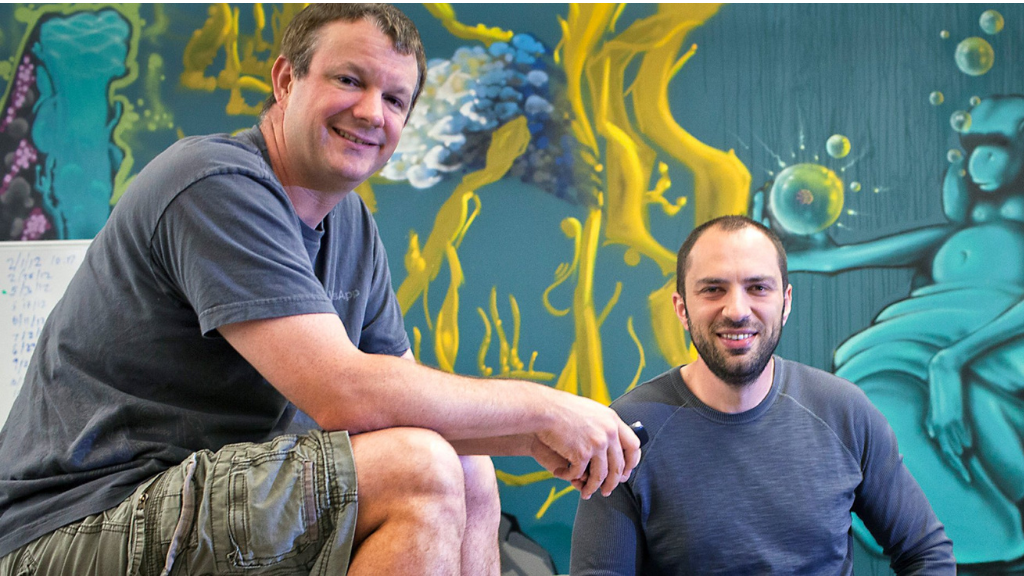
Jan Koum meets with co-founder Brian Acton to discuss their WhatsApp journey. | Photo: Collected
While working on a project at Yahoo, Koum met Brian Acton. The pair spent nearly ten years working at Yahoo. Both subsequently left Yahoo in 2007 due to job unhappiness. They both used Facebook at the time to apply for jobs without success. Yet who would have guessed that Facebook would spend billions of dollars and acquire their company in a matter of years?
Generate concepts for WhatsApp
Two individuals believed they could develop a technology on their own without establishing a new company after failing to secure employment at Facebook. At that point, Sky entered the market. It begs the question of how to enhance the user experience. Before Koum transformed his concept into something unique, it was shaped by his own experiences. He had pricey and erratic communication with his family while he was a teenager. So he set out to figure out how to make messages or phone calls between individuals more seamless and easy. which, in 2009, came to pass. He enlisted the assistance of a Russian developer in this regard.
WhatsApp’s prosperity
WhatsApp became public in May 2009, at last. However, there was no success in the first month. When push notifications were introduced for the Apple iPhone WhatsApp’s destiny became clear after updating. At that point, a few of their apps were network-wide social reconstructions.
“I grew up in such a society,” Koum remarked about WhatsApp’s beginnings, in contrast to Acton, who paid attention to the company’s business plan. where everything you do is documented. which Shouldn’t be heard by anybody else. September saw the public release of the updated version of WhatsApp. App downloads were roughly 10,000 per day when it was available for free to everyone, according to Brian Acton. However, the number of daily downloads fell to a million whenever they started charging for them.
However, the number of daily downloads decreased to one million when they started charging for them. Acton and Coun decided to charge 99 cents a year after the first year, at which point customers would not be required to pay anything. Their organization has had tremendous success since making this change.
Whatsapp is expanding
Some individuals were searching for their true love after the new version’s September 2009 breakthrough. sought to expand the messaging service by finding investors. Acton got a $250,000 investment from one of its former Yahoo coworkers in October of that year.
Acton was in charge of their business while Koum worked on improving and expanding the utility of their software for customers. Though operating this software wasn’t cheap, the two buddies were witnessing growth in their business. As it costs them thousands of dollars to send SMS messages to clients every month. They would have made less than $5,000 per month even in 2010. producing two founders They resolved to withhold funds from the company for several years. They were able to save money because they had to invest in this organization.
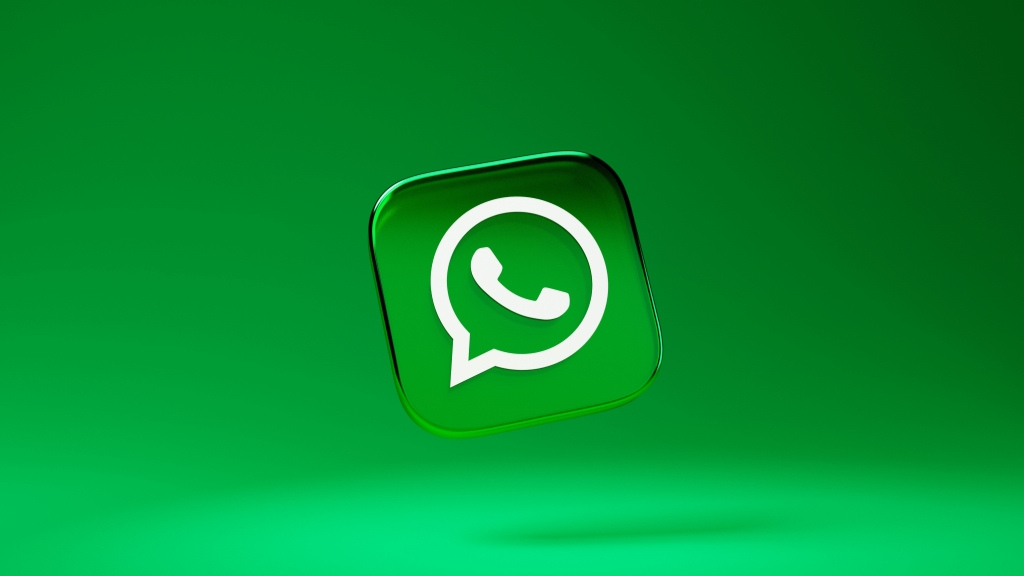
WhatsApp expands globally, advancing its communication platform. | Photo: Collected
Their diligence paid off, and by 2011 the money was starting to increase. Many significant investors at the time wanted to work with them, but they were unable to accept them into the team. because each of the company’s two co-founders desired to pursue their own goals. Providing an ad-free service was their primary goal. At the time, Jim Goetz of Sequoia Capital consented to their no-advertisement policy. In 2011, Taito Sequoia Capital invested 8 million, and in 2013, 50 million, in WhatsApp. It contributed to WhatsApp’s rebirth. Koum and Acton expanded their workforce, renovated their workspace, and enhanced WhatsApp with new features using the funds they received.
Facebook purchased WhatsApp
Facebook paid 19 billion dollars to purchase WhatsApp in 2014. Approximately 265 million people were using WhatsApp at the time. For several years afterward, the two co-founders of WhatsApp stayed with the company. Acton and Koum, however, didn’t quit WhatsApp until they realized that Facebook was not abiding by their two golden rules.
There were two things: client safety and ad-free service.
and subsequently the “Hashtag Delete Facebook” campaign.
Acton and Koum then gave away their riches to a number of universities. They desired that their funds support Israel, the Jewish community, and people’s personal safety.

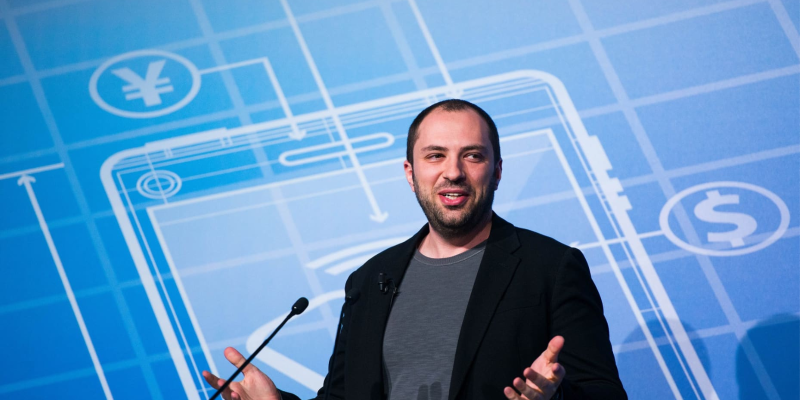









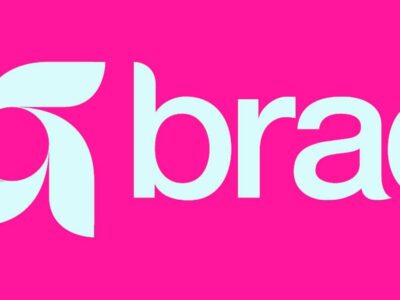

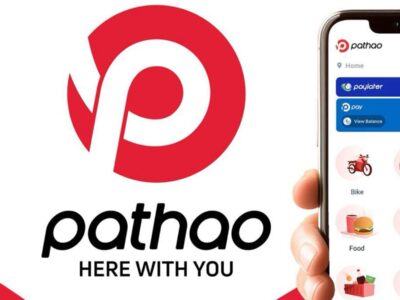

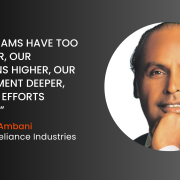
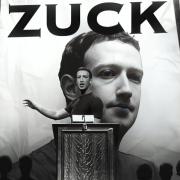

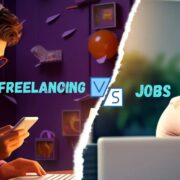


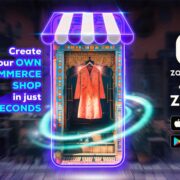



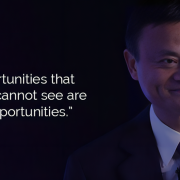


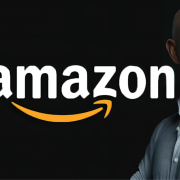
Comments